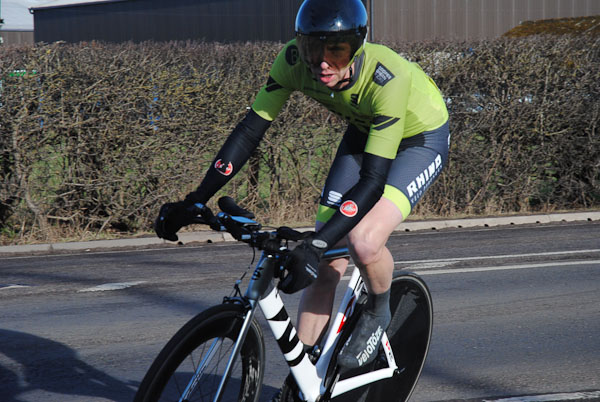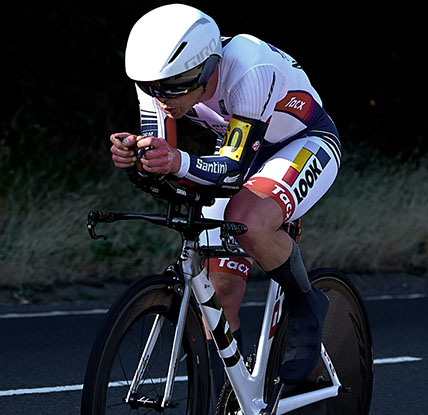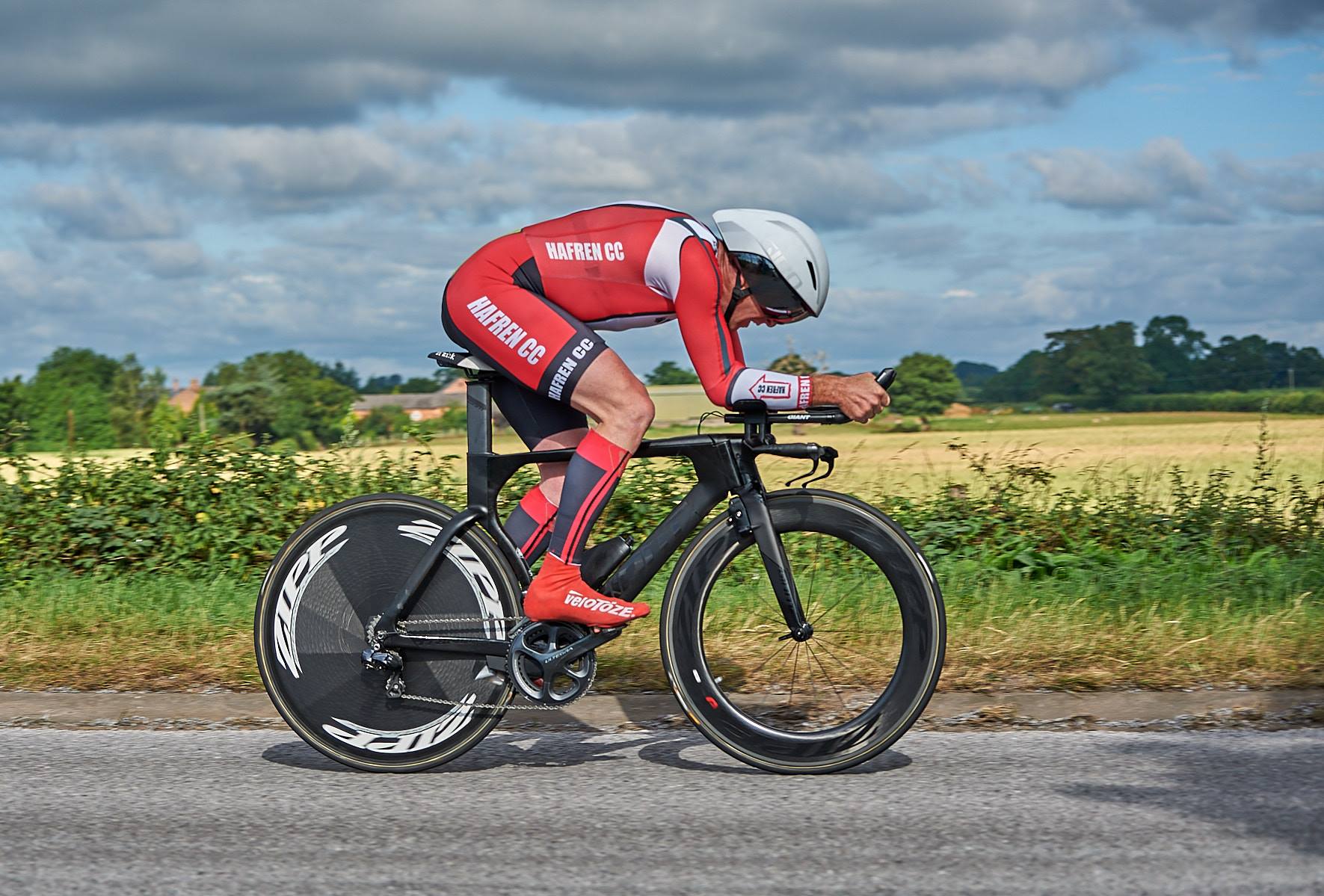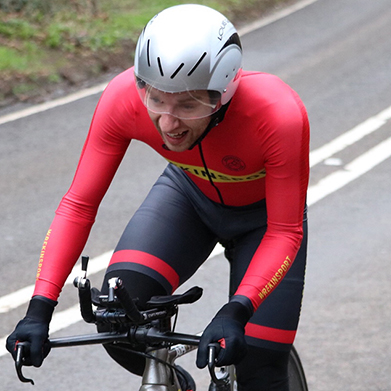MARSHALS & CHECKERS
Introduction
Modern traffic conditions make it essential that a Marshal should do no more than indicate the precise spot at which a rider should turn or the direction the rider should take. CTT Regulations state that “the responsibility for safely negotiating a turn or any other direction must rest with the rider alone”.
The Marshal’s duty is a responsible one. An organiser will want to ensure that competitors, some of whom may be riding on this route for the first time, do stay on course. A well-run event will have marshals at all major junctions, as per course risk assessment.
Marshals and Checkers
- As a Marshal or Checker you will be requested to wear a high visibility jacket. It is strongly recommended that signage erectors wear Hi-viz upper garments that meet the BS EN 1150, BS EN 471 or ISO EN 20471:2013 standard. This helps riders to see you and alerts other road users that “something is happening”.
- Ensure you know before the day of the event the precise point where you are expected to marshal, the direction from which the riders will come and the direction in which they are to go.
- The organiser should have advised you beforehand of the time you should be in position. Be on time. If arriving by car, make certain your vehicle is parked off the highway. Do not park on the verge of a clearway, in a private drive, or in a lay-by which is likely to be used by public transport during the event. You may be moved on or summonsed if you are parked illegally. Park with courtesy and consideration for other road users. Do not obstruct the view of riders or other road users.
- Stand at a point where you can be seen by approaching competitors and where you will not endanger yourself or be a hazard to other road users. Do not obstruct road signs.
- If you receive a complaint from a member of the public, do not get into an argument but refer them to the event organiser. Remember the public image of the sport is in your hands at such a time.
Marshals only
A marshal’s sole duty is to indicate clearly the route the rider is to follow. Indicate the way before the rider reaches you, by holding something visible, e.g. a CTT approved direction arrow. The rider may not be familiar with the course and is looking to you for the direction to be taken. It is illegal for you to direct, or attempt to control, other traffic in any way or to interfere with its movement on the highway.
Checkers only
A checker’s sole duty is to observe the general requirements in 1 to 5 above. You should be issued with a checking card by the event organiser on which you record the rider’s number and the time as he/she passes you. It is not sufficient to merely tick competitors on a start sheet when they have passed, as this does not indicate their sequence on the road. The card should then be returned to the event organiser as soon as possible after the event for the organiser to check that all competitors completed the full course. In the event of a query, complaint or accident, it is a very useful way of ascertaining the names of the preceding or following competitors.
Planning for extreme weather conditions
Organisers not only have a “Duty of Care” to competitors, they also have a responsibility for the safety of marshals and observers. As climate change begins to make extreme weather conditions more frequent, it is prudent to ensure that those volunteers who are situated away
from the event HQ for instance, are ‘looked after’. Typical examples are the provision of drinking water to ensure Marshals etc, stay hydrated. For longer events, such as 50 miles, 100 miles, and especially 12 hour and 24 hour events, volunteers are additionally catered for with a food “goody bag” for instance. It may be advisable that event officials are either provided with a shade (umbrella?) for both wet weather and sunny conditions. Early season events may necessitate the provision of wet-proof warm clothing.
CTT Guidance Note 10: Duties of promoting Secretaries, adds for the provision, or a person with the knowledge, of First Aid during the event planning phase. Many HQ’S are situated either in village halls, or school premises. A check with either type of venue may find that a defibrillator is available. This type of information could be included in the event Start List. It definitely gives
confidence to those associated with an event that the Organiser has “thought of everything!” A well-run event will encourage more entries in the future.
Documents referenced
CTT Guidance Note 10: Duties of promoting Secretaries
Document history
| Date of Issue | Reason of Revision | Author |
| December 2001 | New edition | PA Heaton (RTTC National Secretary) |
| July 2015 | Revised format | Nick Sharpe (CTT National Secretary) |
| September 2022 | Revised to reflect current CTT Articles, Rules, and Regulations | David Barry (CTT Board Director) |
| February 2024 | The management of extreme weather conditions | David Barry (CTT Board Director) |





